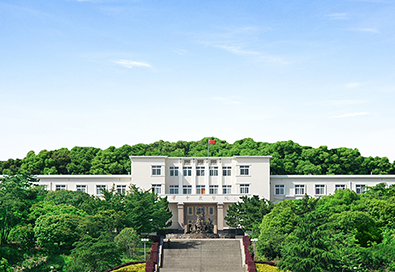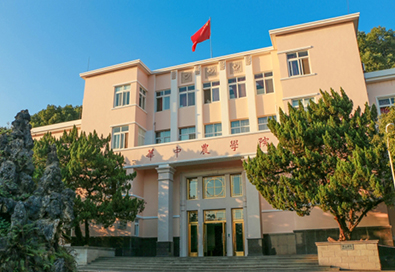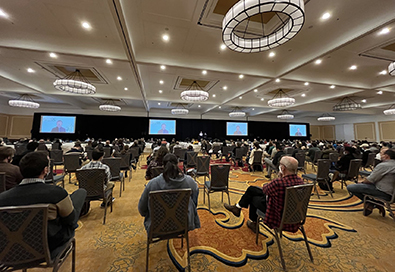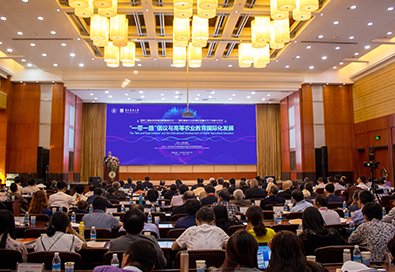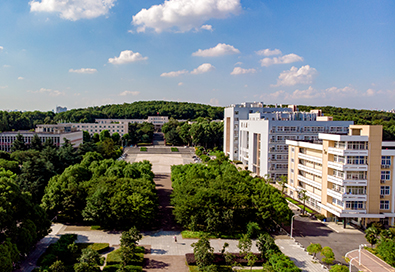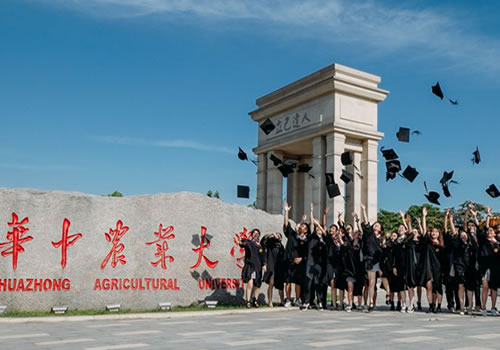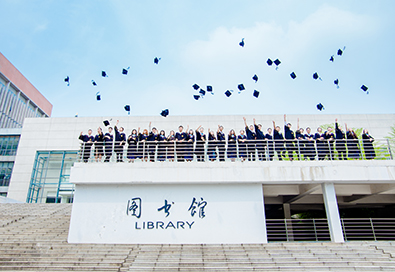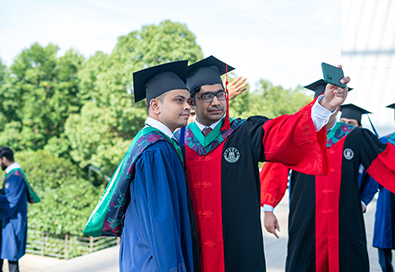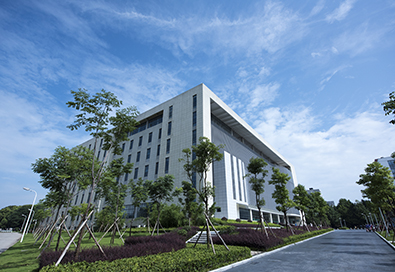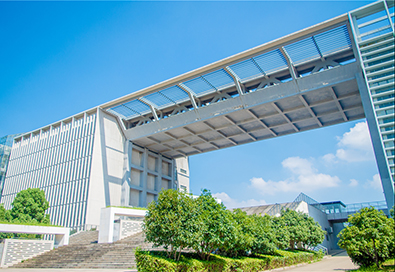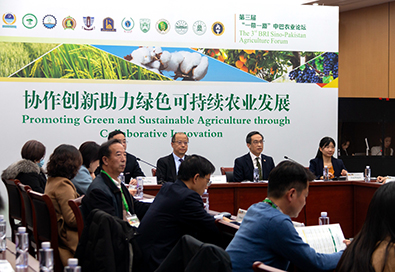On March 30, the first 2024 national training class for growth performance determination in sows was held at HZAU. 79 breeding technicians from National Core Pig Breeding Fields, boar stations, and the National Joint Breeding Collaborative in Pigs attended the training.
The opening ceremony was graced by esteemed experts in the field, including Prof. Li Xinyun, Prof. Yu Mei, Prof. Xiang Tao, Senior Livestock Expert Ni Debin, Senior Livestock Expert Liu Wanghong, and Senior Veterinarian Hu Junyong from HZAU’s College of Animal Science & Technology and College of Veterinary Medicine. It was presided over by Zhou Quan, Deputy Director of the National Engineering and Technology Research Center for Livestock (NETRCL).
At the meeting, Liu Wanghong, Deputy Director of the Breeding Swine Quality Supervision and Testing Center(BSQSTC), ministry of agriculture (wuhan), extended a warm welcome to all the trainees. He expected that through theoretical studies and practice, the trainees would become proficient in growth performance determination techniques in sows. He also encouraged them to combine traditional breeding technologies with new techniques and apply them in their future breeding work, thus fostering the development of China's breeding industry.
Prof. Li Xinyun emphasized that performance monitoring is the most fundamental and crucial aspect of breeding work. Only by mastering the basic work and obtaining accurate data can we truly excel in it. He expected that the trainees would place great importance on this training and gain valuable knowledge from it.
Zheng Yiqiang from Taining Yongxin Animal Husbandry Company and Wang Jiayu from Shanxi Helan Breeding Company delivered speeches as representatives of the trainees. They advocated all participants should cherish this opportunity and fully immerse themselves in the training. Additionally, they encouraged everyone to study theoretical knowledge, master advanced determination techniques and methods, and enhance their practical abilities.
This training class adopted a combined approach of theoretical teaching and practical training, inviting experts and technologists to lecture who are engaged in pig breeding performance testing at the forefront in China. During the training, Prof. Li Xinyun introduced innovations in genomic selection and mating techniques, as well as the application of an inclusive breeding model; Prof. Xiang Tao presented genomic pig breeding utilizing the whole industrial chain; Prof. Yu Mei elaborated on the four stages of pig breeding: determining, evaluation, selection, and mating; expert Ni Debin discussed the production technology of boar semen at room-temperature, covering semen collection, examination, dilution, packaging, and storage; expert Liu Wanghong explained the testing techniques and equipment for four major economic traits: growth performance, reproductive performance, carcass traits, and meat quality; expert Hu Junyong lectured on the measurement techniques for growth performance, including backfat depth, loin muscle depth, and loin muscle area in living pigs; expert Chen Yajing provided a detailed explanation of the testing methods for boar semen dose at room-temperature, sperm vitality, progressive motile sperm count, and abnormality rate, covering the interpretation of national standards, microscope usage, and monitoring techniques.
The BSQSTC (wuhan) was also tasked with providing practical training on performance determination, boar semen examination at room-temperature, and frozen semen thawing techniques for this training class.
This training was jointly organized by the BSQSTC (wuhan), NETRCL, and the National Biobreeding Production-Education Integration and Innovation Platform. Co-organizers included the Cooperative Innovation Center for Sustainable Pig Production, Frontiers Science Center for Animal Breeding and Sustainable Production, the Hubei Livestock and Poultry Breeding Technology Innovation Center, and the Hubei Animal Husbandry and Veterinary Society.
The BSQSTC (wuhan) has consecutively held the national class for 16 years, training over 1,500 front-line professionals in the field.
Source: http://news.hzau.edu.cn/2024/0403/69341.shtml
Translated by: Wang Jiahao
Proofread by: Chen Yuhan
Supervised by: Jin Bei


